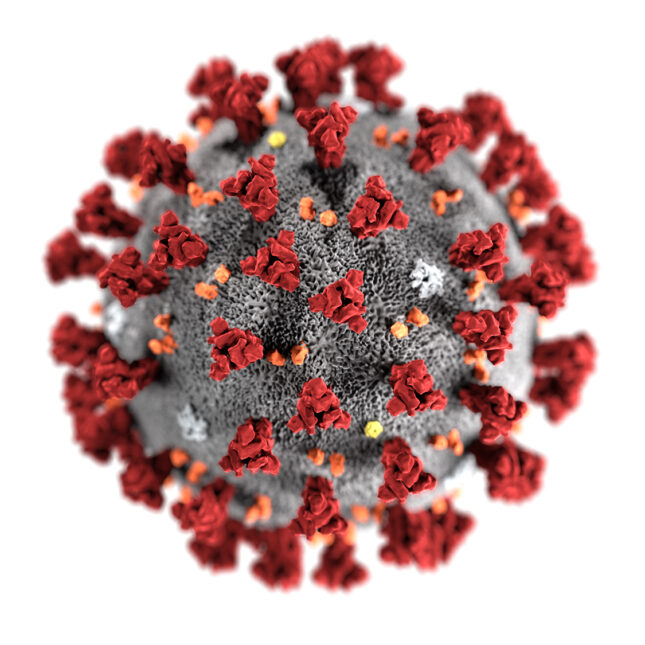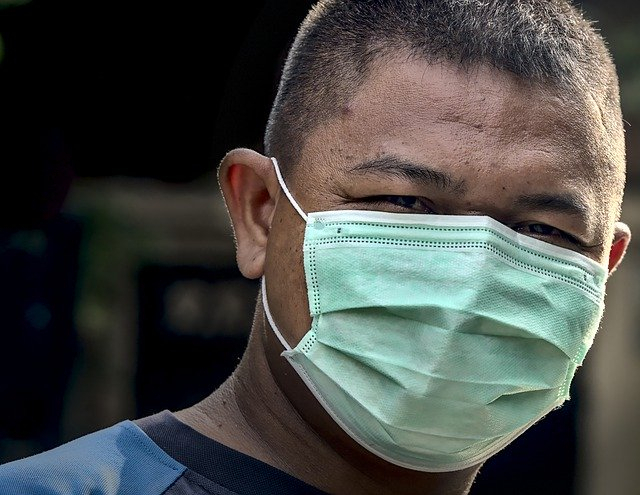A lot is being written about herd immunity, even as the death toll from coronavirus infection has crossed 150,000. There is no cheersome update on the early arrival of a vaccine and there is obviously a lockdown fatigue across the world with billions of people straining at the leash.
So, is herd immunity the final, long-term cure for Covid-19? There are arguments on both sides of the question. The supporters say the virus spread will dwindle when a significant portion of humans become immune to it in the natural course. Those who oppose the theory say thousands of vulnerable people will die as the virus travels through and disappears.
However, it appears that whether you want it or not, herd immunity through natural course of the virus spread will happen sooner than the onset of the same result achieved by the universal application of an effective vaccine.
Sweden said on Sunday its refusal to lock down the entire country has succeeded in slowing the virus and that herd immunity is developing. "According to our modelers, we are starting to see so many immune people in the population in Stockholm that it is starting to have an effect on the spread of the infection ... Our models point to some time in May," a top Swedish official told the local media.

Britain's Boris Johnson had pitched the idea earlier, but the government adopted a different line later on. In the US, President Donald Trump had controversially mooted a 'virus wash-over' as a possible outcome.
Those who vouch for the theory say the best road block for the virus is immunity in a critical mass of the population. If it's achieved by vaccination, that's the best outcome, but in the absence of vaccination, the community should get immunity nonetheless.
WHO, as always, is not sure
However, the WHO, as always, is not sure if this works. As of now the WHO can't say for sure if some can contract Covid-19 again, after being cured of it once. The WHO, for that matter, wasn't sure if masks would work, if travel restrictions would work, if CHQ would work and if BCG would work. Now wonder Trump administered a funding therapy to the sleepy body whose best Covid-19 interventions were some inane afterthoughts.
What is herd immunity?
In theory, herd immunity stops the virus in its tracks as there are few carriers left for it to move on. This happens in two ways -- when a vaccine makes a vast majority of humans immune against a pathogen and when so many people get the disease and become immune to it in turn.
What do numbers say?
According to epidemiologists, in the case of some diseases, herd immunity becomes effective when at least 40 percent of the population develops immunity to a particular pathogen. In other cases, this threshold is between 80 and 95 percent of the population for the immunity to be effective.
Will it work for coronavirus?
The early statistics related to the severity of coronavirus infection were more confidence inspiring than the latter day horror stories. It was reported initially that a whole lot of people got cured of the virus without even being diagnosed. And among those diagnosed, a vast majority had only mild symptoms. And in those with serious symptoms, only a tiny percentage died. However, with thousands of more deaths happening daily across the world, herd immunity theory might get fewer buyers.
Will it work alongside reverse quarantine?
The one-size-fits-all lockdown will appear to be a safe bet, but it has its risks. For one, the entire humanity remains prisoners of an unseen enemy until a cure or vaccine arrives. That's a statistically impossible scenario but the world is generally plodding along on those lines at the moment. In its place, a 'reverse quarantine' can turn out as a safer option while a herd immunity develops and reaches the desired threshold.
This way, the most vulnerable people including the aged, those with multiple health issues and those suffering from respiratory illnesses, will be quarantined until the virus 'washes over' and the herd immunity takes place.
Is herd immunity inevitable?

Governments the world over just may NOT adopt herd immunity as a preferred public health policy in the face of the ravaging coronavirus epidemic. The majority of governments would want to extend the lockdown and work vigorously on the vaccine. However, at one point they will be faced with mounting pressure to ease the restrictions, leaving people to take care of themselves -- as best as they can.
Meanwhile, the vaccine will take long to arrive and longer to reach everyone on the globe. Over this long term, the virus spread will be restricted owing to the governmental and personal efforts. Yet, the virus will keep moving in societies. But the mortality rates can be kept very, very low if revere quarantine measures are effectively used.









